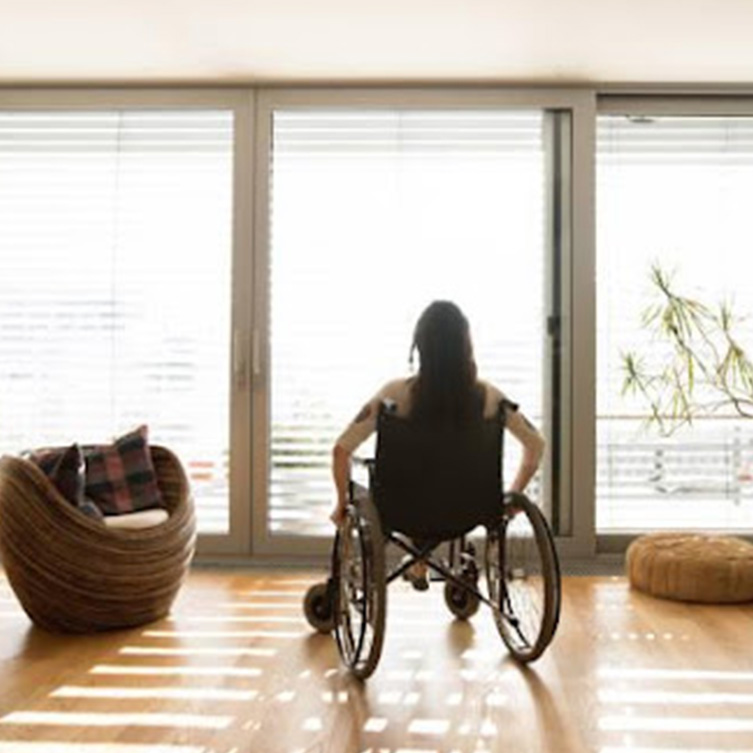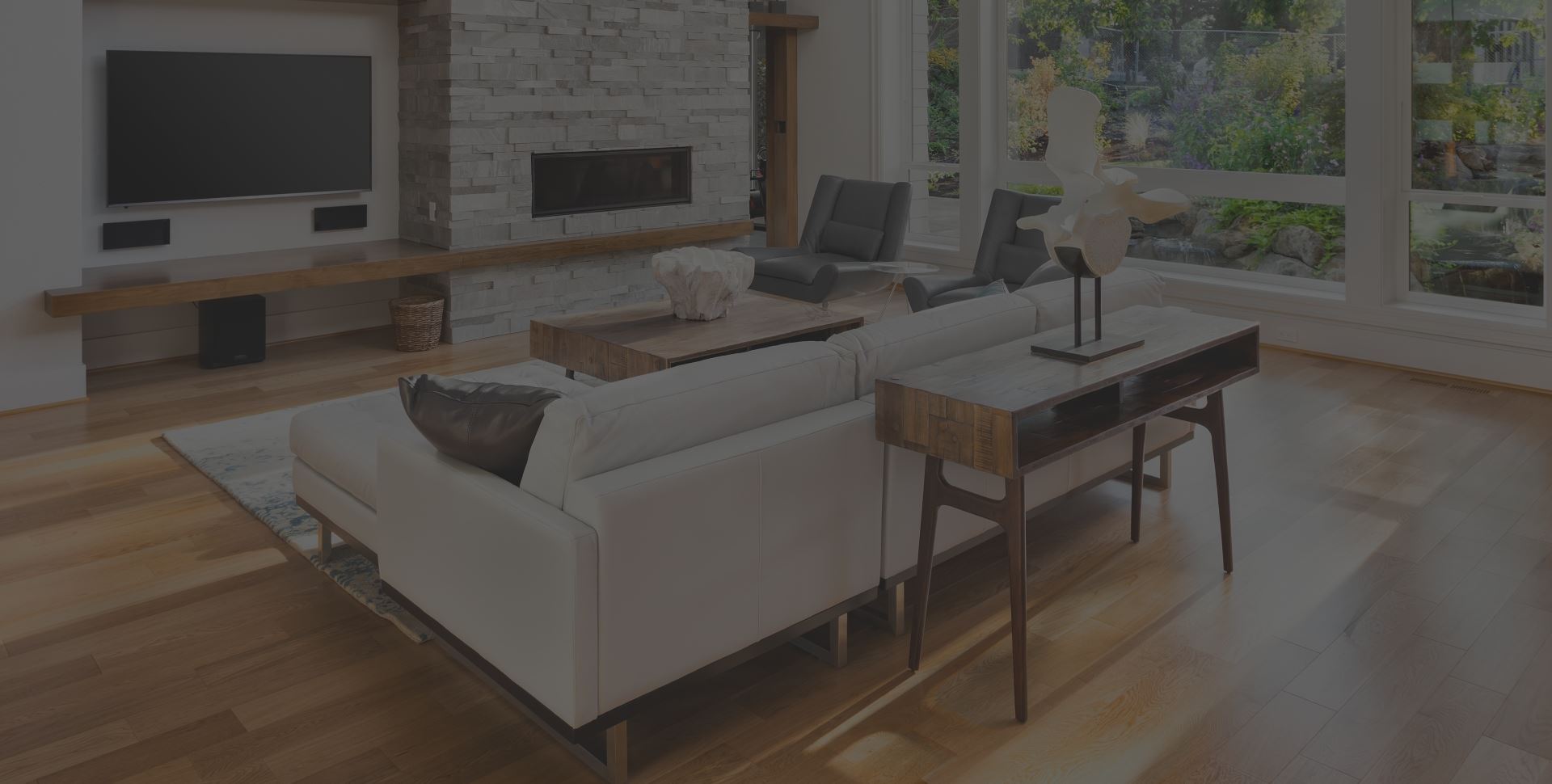Mobility Solutions for Patients with Paralysis in Houston
Paralysis is a disruption of never signals to the muscles which results sin a person being unable to make voluntary movements. Common causes of paralysis include strokes, spinal cord injures and nerve disorders. Approximately 1 in 50 Americans (5.4 million people) have some form of paralysis. Contact us for more information

Helpful Products
While some people experience temporary paralysis and regain partial or full movement, others can experience permanent paralysis and will never regain muscle control. There are two types of paralysis:
- Flaccid – Your muscles flabby and begin to shrink
- Spastic – The muscles tighten, causing uncontrollable jerks and spasms
Complications of paralysis include:
- Difficulty breathing, coughing, and a higher risk of pneumonia
- Blood clots and deep vein thrombosis
- Speech or swallowing problems
- Depression and anxiety
- Excessively high or low blood pressure and heart problems
- Pressure injuries (bedsores) and sepsis.
Paralysis can affect the body in more ways that just being unable to move. It can also cause the nerves in the brain to be unable to communicate with parts of the body responsible for primary body functions, such as bladder control. Getting in and out of the bed can be a real challenge. Getting in and out of bed can also be a struggle. Preparing the home for the use of a wheelchair and removing any that could impede movement is very important.
LiveWell has a wide range of mobility products that can support a higher quality of life for patients living with Paralysis and also provide support for the caregivers.
LiveWell Products that can assist with Activities of Daily Living:
Patient Lifts
Patients living with Paralysis will typically need an assistive device to help move them in and out of the bed, or in and out of the shower. LiveWell provides several variations of floor lifts, or Hoyer Lifts, and overhead ceiling track lifts. It’s important to be thinking of all the various locations throughout the home that the patient will need access to.
Most commonly, ceiling lifts allow caregivers to transfer the patient from the bed to a wheelchair. A Hoyer lift can be used to transfer someone from a wheelchair to a shower chair for bathing. Ceiling tracks can be designed to move the patient from room to room; for example, moving the patient from the bedroom to the shower.
Bathroom remodeling to include a zero-entry shower, grab bars, and wheelchair accessible vanities
- Almost all people with Paralysis realize quickly that they will need to make modifications to their home for safety and accessibility purposes. Modifications to the bathroom will be important to both the patient and the caregivers. Installing a raised toilet seat with arms can make the transfer to the toilet easier. A zero-entry shower that has no threshold is very helpful because it removes any tripping hazard. Wheelchairs can also be rolled into the shower allowing for a shorter distance of transferring the patient. Wheelchair accessible vanities can be installed that allow for the wheelchair to roll underneath and the patient is able to safely use the sink without leaving their chair.
Grab Bars
- Grab bars help to sustain balance and prevent falls and injuries and should be installed in the shower and beside toilets. Standing grab bars are a great solution beside beds and when there are glass shower doors and no good location for mounting a traditional grab bar.
In-home elevator
- When a patient with Paralysis loses their ability to walk and requires constant use of a power chair, it may be time to consider adding an in-home elevator. There are several types of elevators that can be used. Standard residential elevators require a pit and an elevator shaft. LiveWell’s innovative through-the-floor home lifts require no elevator shaft and can be freestanding. An inclined or vertical platform lift is perfect for accessibility for wheelchair users. Vertical platform lifts can be used indoor or outdoor and have an open platform. They take up less space than a ramp.
Doorway Widening
- A lot of times, people never stop to consider their doorways when they are considering making accessibility modifications. It is so important to consider the size of the patient’s assistive devices when thinking about expanding the doorways in the home. The standard size of an interior door ranges from 22 to 30 inches. The minimum recommended door width for those with assistive equipment that will need to pass through it is 36 inches.
Ramps
- When living with Paralysis and being confined to a wheelchair,
- Entering and exiting may become a problem if there are stairs or uneven, rough terrain. A ramp can remove any barriers to entry and provide a safer way to enter and exit. Ramps come in all shapes and sizes and are custom fitted to the home. They can be made out of wood or metal, depending on the patient’s needs.
Lift Chairs
- Lift Chairs are used for patients who struggle to raise and lower themselves from a seated position without help. This also helps to enhance the patient’s sense of independence and normalcy as long as possible. The comfort and safety aspect of the chair allows for patients to be comfortable while maximizing pain relief.
While Paralysis can be temporary or permanent, LiveWell and our wide variety of products can help to ensure that mobility isn’t an issue. Our products and services can make any room in the home safer and more accessible for those that are living with Paralysis. Contact us today to schedule a free in-home consultation. Our team of experts can evaluate the home and provide a thorough proposal of all available options. Call us at (281) 771-1469 for more information.


